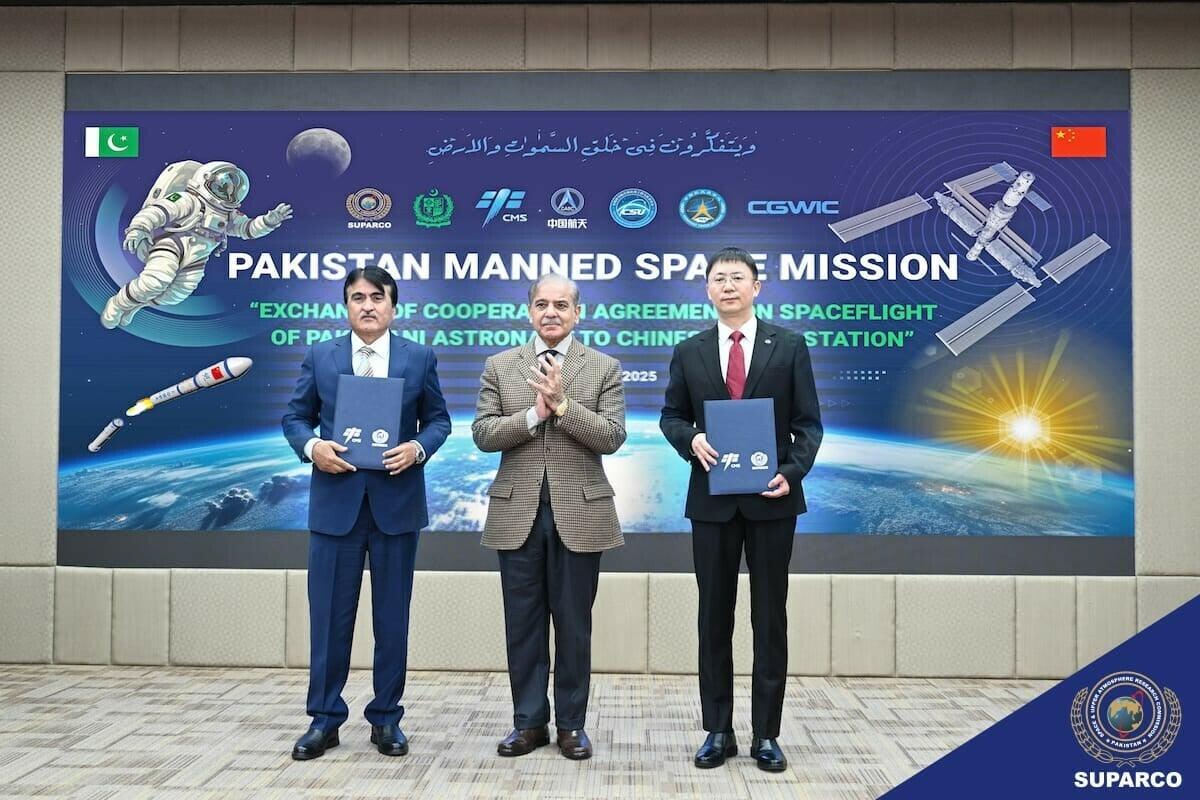Pakistan should send its first astronaut in space following a cooperation agreement signed between the space research commission and the Upper Atmosphere (Suparco) and China Mood Space Agency (CMSA).
Under the agreement, two Pakistani astronauts will follow training at the Center des Astronauts de China. One will ultimately be selected as a scientific specialist in the payload for a future mission in Tiangong, the Chinese space station. The selection process should conclude by 2026.
Once on the Chinese space station (CSS), the Pakistani astronaut will conduct experiences in medical sciences, aerospace, physics, spatial radiation, ecology and astronomy. Research aims to advance spatial technology and to contribute to scientific developments with potential advantages for life on earth.
Prime Minister Shehbaz Sharif praised the agreement as a historic moment in the Spatial program of Pakistan, describing it as a cornerstone of the country aspirations in human space. He highlighted Pakistan’s stable progress in space science and technology, citing achievements in satellite launches and contributions to global scientific research.
The Minister of Planning and Development, Ahsan Iqbal, stressed that the partnership stimulated technological innovation and the human capacities of space flights. He noted that collaboration with China goes beyond the training of astronauts, lays the foundations for long-term spatial exploration ambitions in Pakistan.
CMSA Director General, Dr. Lin Xiqiang, praised Pakistan’s participation, stressing the deepening of spatial cooperation between the two countries. Suparco president Mohammad Yousuf Khan described the initiative as an important step and encouraged professionals and researchers to contribute to the program.
Meanwhile, Suparco also planned that Ramadan in Pakistan will start on Sunday March 2, based on its lunar calculations.
With this agreement, Pakistan takes a significant step towards human space flight, marking a new chapter in its spatial exploration trip.




